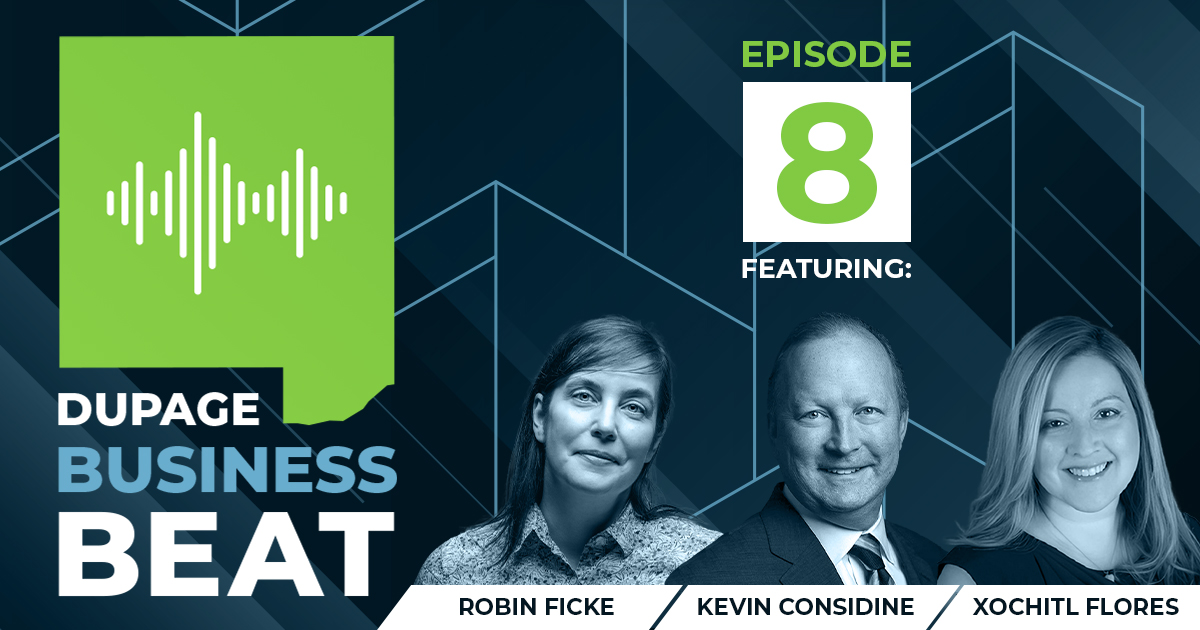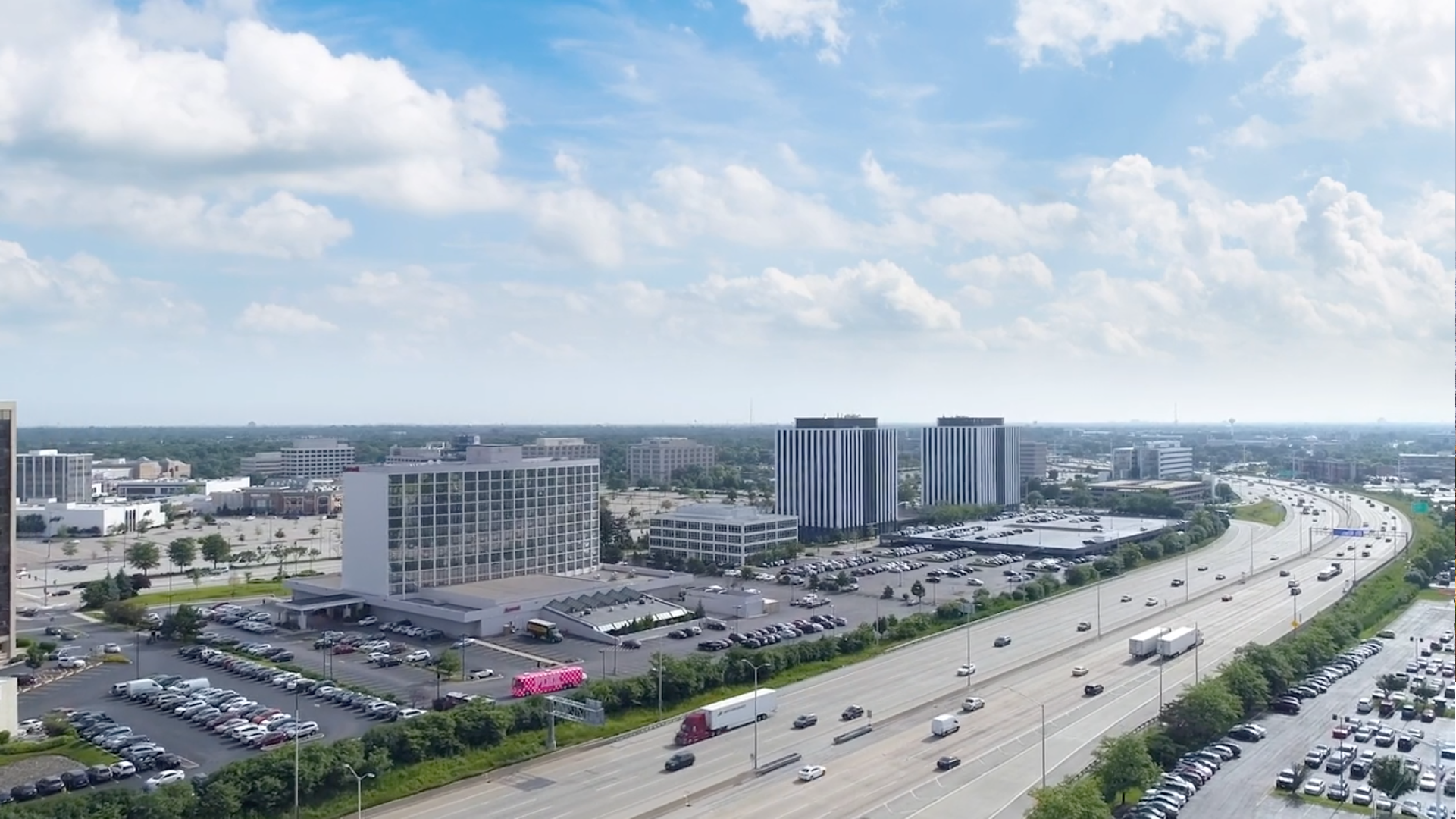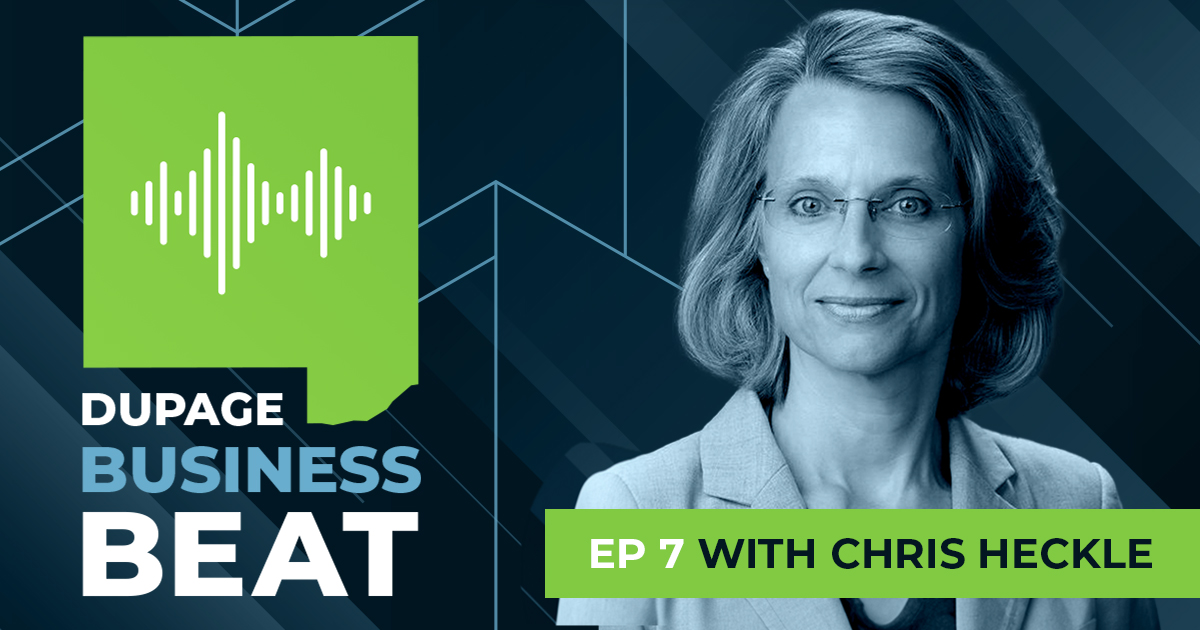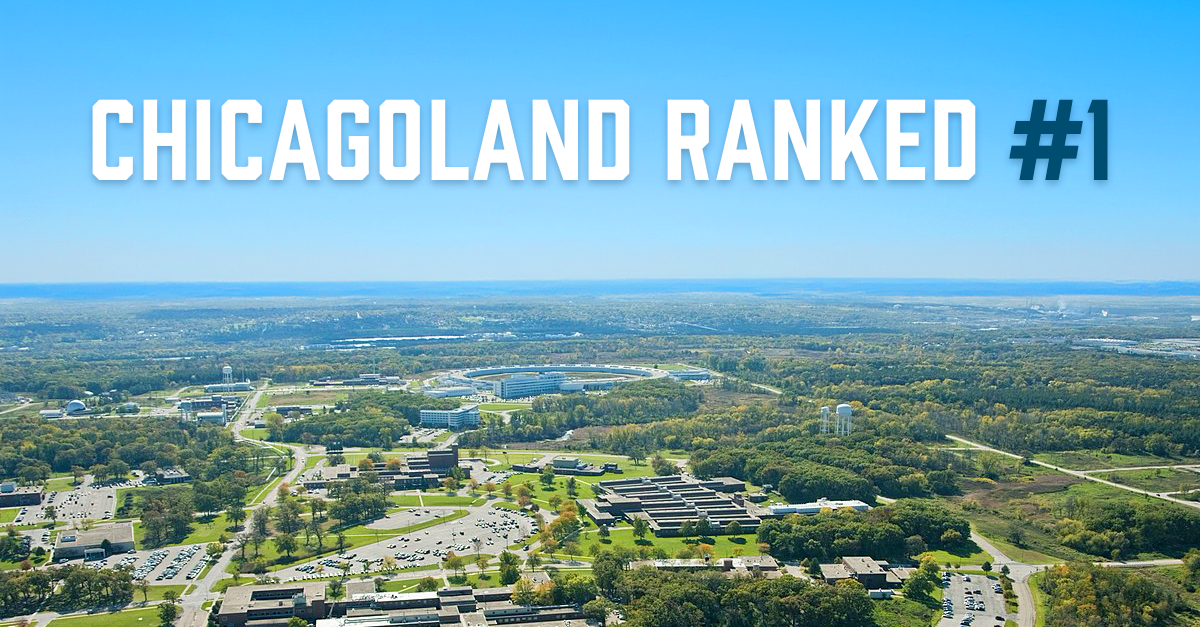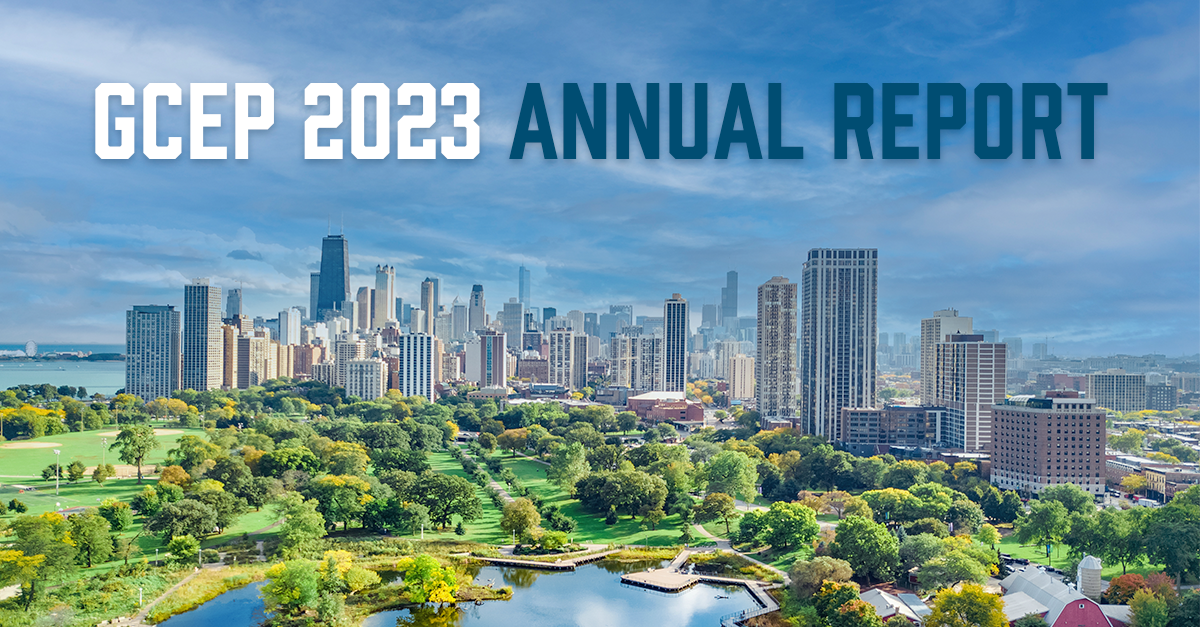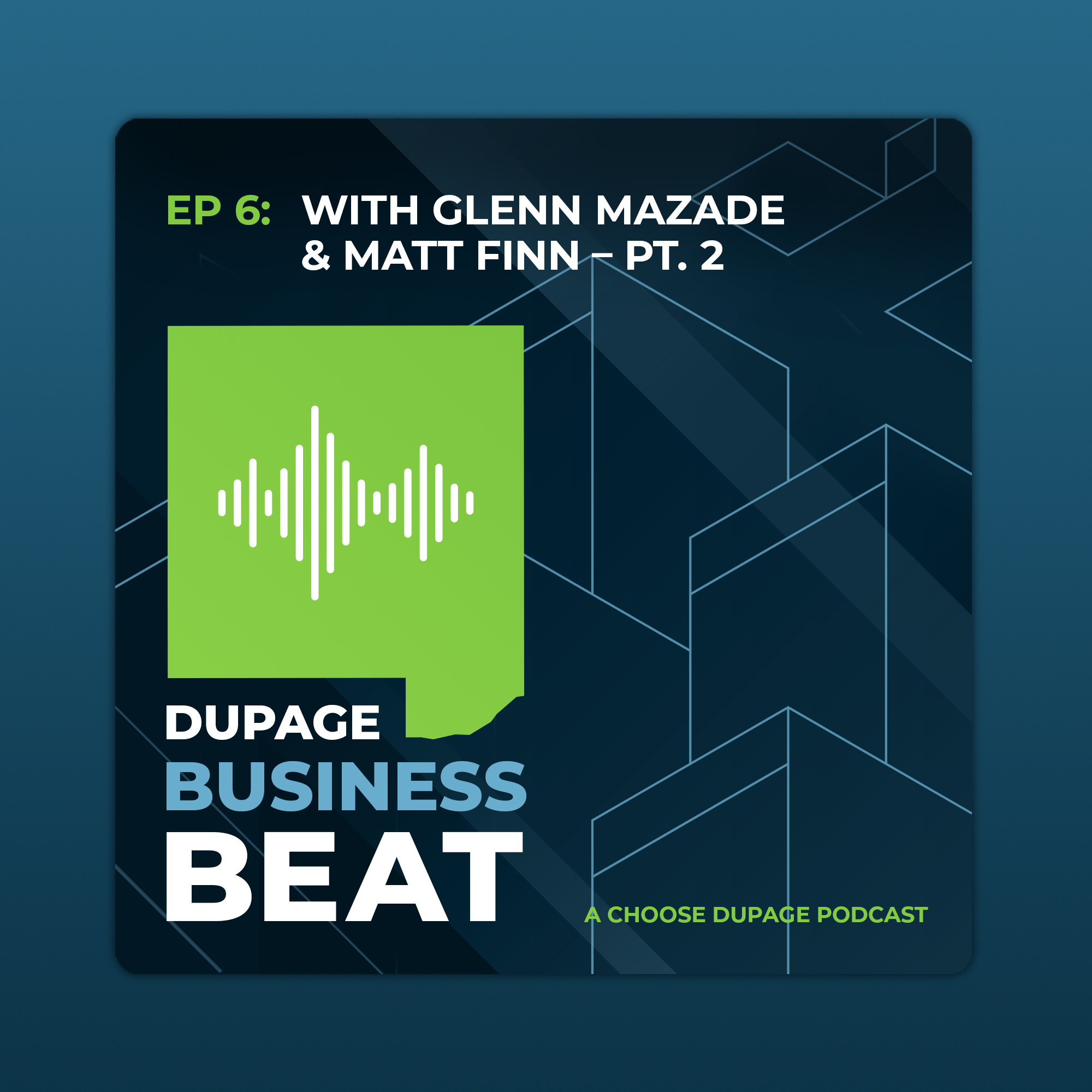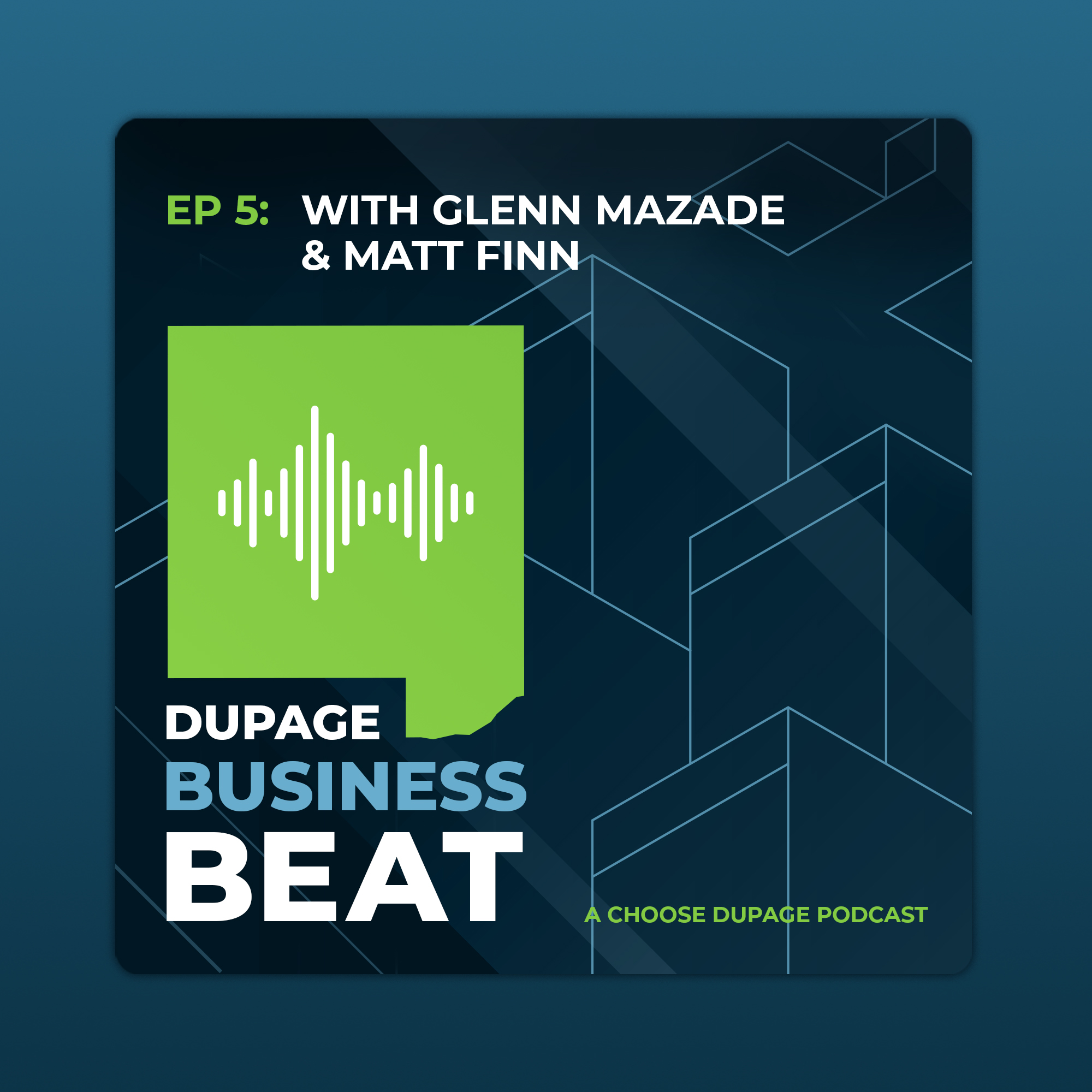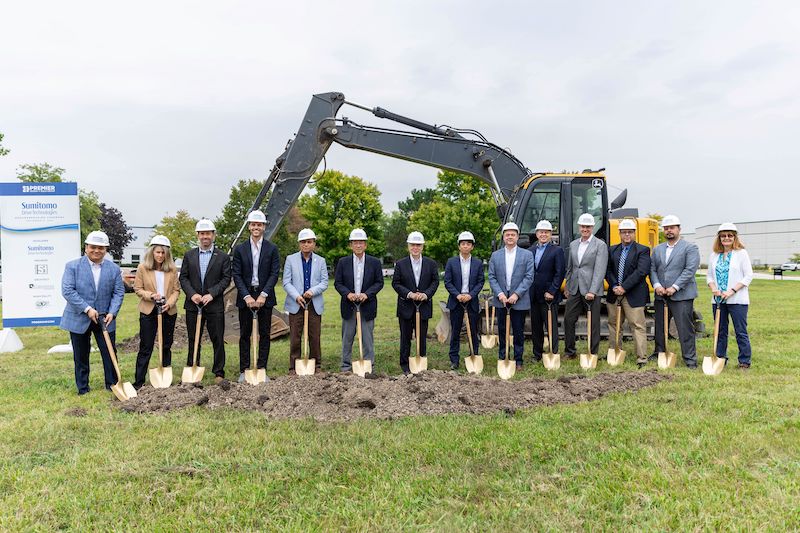“The sense of regionalism exemplified by the Greater Chicagoland Economic Partnership will only reinforce the area’s attractiveness to tech, logistics, innovation, and vibrant young talent in an economy as diverse as its population.” — Site Selection Magazine
CHICAGO, March 1, 2024 /PRNewswire/ — Mayor Brandon Johnson, alongside representatives from World Business Chicago and key figures from the Greater Chicagoland Economic Partnership, gathered at S&C Electric in Chicago’s Rogers Park neighborhood to announce that, for the eleventh consecutive year, Chicago has secured the prestigious title of the top metro area in the United States for corporate investment, according to Site Selection magazine. This ranking underscores Chicago’s sustained appeal as a prime destination for business growth and development.
“Access to diverse talent, global connectivity and the City’s strong infrastructure are among the reasons why Chicago has been ranked a top metropolitan area for selection and corporate relocation for 11 years,” said Mayor Brandon Johnson. “On behalf of all the residents of the City of Chicago, I extend our gratitude to S&C Electric and the 162 other companies who made pro-Chicago decisions in 2023 – investing in our people, our neighborhoods, and our city—driving job creation and opportunities for all.”
In 2023, the Chicago metro area continued its streak by outpacing all other regions in the nation, with an influx of new corporate locations and expansions. World Business Chicago reported a total of 163 “pro-Chicagoland decisions” throughout the year. These decisions comprised 117 expansions and 46 relocations or new market entries, with notable investments targeting the South and West sides of the city, alongside significant developments across the Chicagoland region. Collectively, these initiatives resulted in the creation of over 23,000 job opportunities, further fueling the city’s economic vitality.
“We are profoundly honored to once again be acknowledged as the foremost metro for corporate investment in the United States,” said Charles E. Smith, Vice Chair, World Business Chicago. “This accomplishment reflects the unwavering dedication of our team, board of directors, the Mayor of Chicago, and our esteemed partners across the greater Chicagoland region. It underscores our shared commitment to nurturing an ecosystem where businesses flourish and communities thrive.”
Among the notable contributors to Chicago’s economic landscape in 2023 was S&C, which announced its expansion with a 275,000-square-foot facility in Palatine, reinforcing its commitment to the region’s growth. This expansion, situated approximately 25 miles from S&C’s headquarters in Rogers Park, is expected to generate 200 new jobs, contributing to the company’s significant local workforce of over 2000 team members in the Chicago area.
“Chicago has been home to S&C for over 110 years, and the talent pool here is an essential part of our growth and success, allowing us to better serve customers with solutions that advance a resilient and reliable electrical grid,” said Anders Sjoelin, S&C’s president and CEO. “Additionally, we’re pleased to add jobs, create meaningful careers, and value for our local team members, and support our communities.
Mayor Brandon Johnson, Lake County Board Chair Sandy Hart, and others emphasized the significance of today’s announcement, highlighting the collective efforts of the Greater Chicagoland Economic Partnership (GCEP), which was established in January 2023. The GCEP, comprising the City of Chicago and seven surrounding counties (Cook County, DuPage County, Kane County, Kendall County, Lake County, McHenry County, and Will County), has spearheaded initiatives, and business delegations, aimed at fostering inclusive economic growth and promoting equity across diverse communities. Leveraging the region’s assets, including robust transportation infrastructure, diverse talent pools, and thriving sectors, the GCEP remains committed to driving sustainable development and maximizing opportunities for all.
“Chicago is a dynamic city for energy storage innovation, robust R&D culture, and dedicated workforce,” celebrates Desmond Wheatly, CEO of Beam. “Embracing these strengths, Beam is strategically expanding its manufacturing presence in the Chicagoland region, delivering premium-grade batteries tailored for diverse applications such as eMobility, recreation, and robotics. With Chicago’s foundation of innovation and hard work, we’re poised to drive transformative advancements in energy technology.”
The continued recognition of Chicago as the top metro for corporate investment underscores the city’s resilience, innovation, and unwavering appeal to businesses seeking a dynamic environment for growth. As the third-largest metro area and a top 20 global economy, the Chicago region boasts tremendous talent and is home to some of the nation’s top colleges and universities. Leveraging these assets, Chicago remains at the forefront of economic prosperity, offering unparalleled opportunities for businesses to thrive and succeed in a vibrant and diverse marketplace.
GREATER CHICAGOLAND REGION LEADERS REFLECT UPON TODAY’S NEWS:
Toni Preckwinkle, Cook County President: “Companies like S&C Electric, Beam, Solo Cup, and so many others chose Chicagoland for a reason – they know here you will find a rich and diverse tapestry of strong industry sectors ranging from food manufacturing to film and television production. Site Selection’s eleventh consecutive win affirms the Chicago region’s continued promise of opportunity for the business community allowing for them to continuously grow, expand and thrive.”
Greg Bedalov, CEO and President, Choose DuPage, and Chairman of Greater Chicagoland Economic Partnership: “The unprecedented recognition of the Chicago Metro region as the top site in the nation for corporate relocation and site selection for an 11th consecutive year is proof positive that the city and the metro area are absolute first-in-class locations for business growth. Achieving this lofty goal once a decade is worth shouting about. Achieving it for consecutive years that span more than a decade is nearly inconceivable. Working collaboratively with all the partners in the Metro area is producing measurable economic results for Chicagoland. The Chicago metro area is not only open for business, but also is clearly the place for business. Congratulations to all those involved in making this happen and thank you to Site Selection magazine for this recognition.”
Kane County Board Chairman Corinne Pierog: “The recognition from Site Selection magazine highlights the region’s allure for new businesses and investments. It also illustrates our dedication to being a responsive community that supports a diverse range of sectors, including agriculture, corporate and small business.”
Kendall County Board Chairman, Matt Kellogg: “We are proud but not at all surprised to see the Chicago area receive recognition for its continued business growth. We see real evidence of that growth in Kendall County, as businesses choose to expand or relocate in the region. We are not only business friendly but a great place for employees to relocate and join our community. The Chicago region connects to the entire globe, whether its people, information, or logistics, which makes it an excellent place to live and do business.”
Sandy Hart, Lake County Board Chair: “Lake County joins the entire Chicagoland region in proactively working together to advance sustainability and inclusive growth through strategic investments in infrastructure, talent, vibrant communities, and a diverse economy. Our central location, in the middle of the country and within arms-reach of a vast, global transportation network, makes the area a premiere location for business and people. We are proud that Chicagoland’s strength is once again being recognized by the industry-leading publication Site Selection Magazine. Being ranked the top U.S. metro for corporate relocation for the 11th year in a row comes as no surprise given all that the region has to offer to growing businesses.”
Mike Buehler, Chairman, McHenry County Board: “The Chicago Metro region’s unparalleled success in corporate relocation and site selection for over a decade is a testament to the collaborative spirit and unwavering dedication of our community. This continuous recognition by Site Selection magazine affirms that our city and metro area stand as beacons for business growth and innovation. Just as the Chicago region connects seamlessly to the global stage, so too does our commitment to fostering a diverse and vibrant ecosystem for businesses to thrive. Congratulations to all those who contribute to this remarkable achievement and thank you to Site Selection magazine for acknowledging our ongoing journey as a first-in-class destination for business.”
Jennifer Bertino-Tarrant, Will County Executive: “The Chicagoland Region remains a strong economic force and globally competitive. Chicagoland communities are attracting corporations and high-paying jobs at a rapid pace thanks to our many regional assets, including diverse talent, affordability, high quality of life, and connectivity. I look forward to these assets driving continued growth into the future.”


